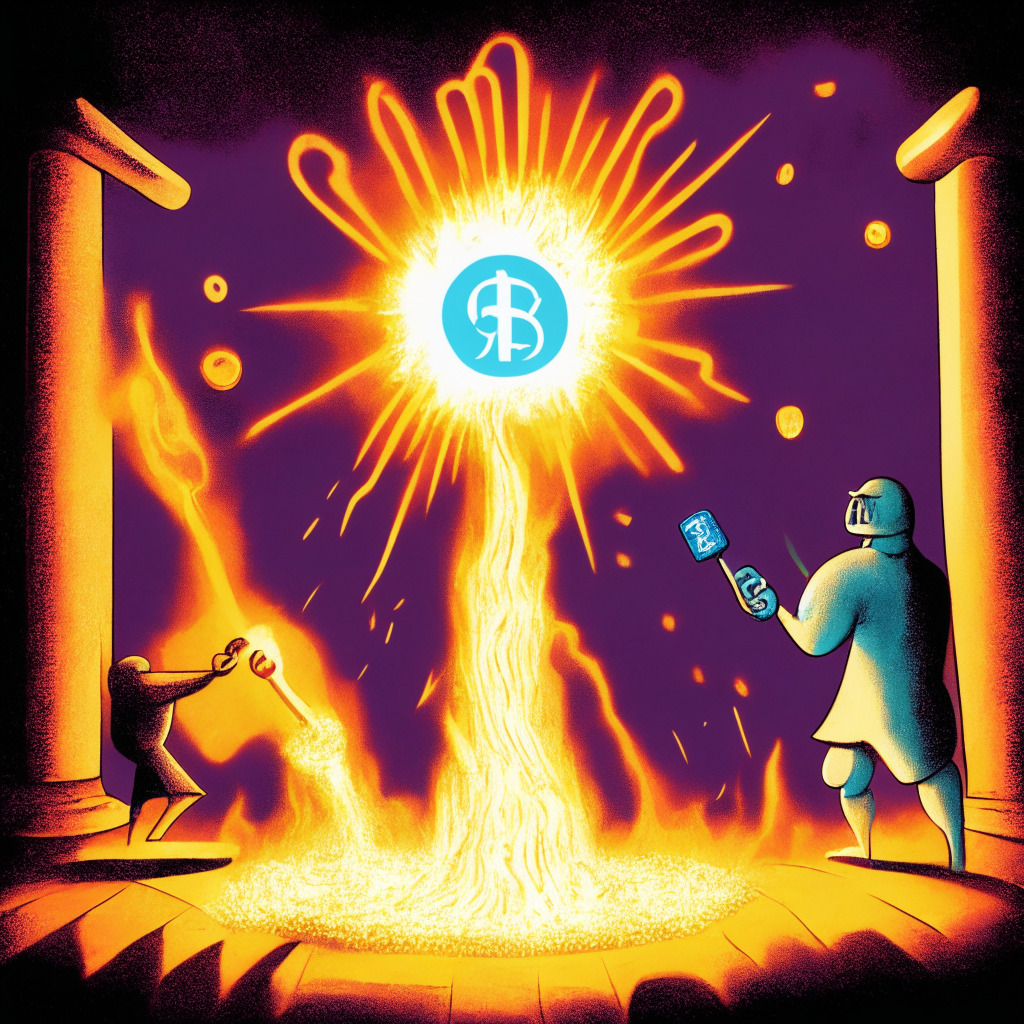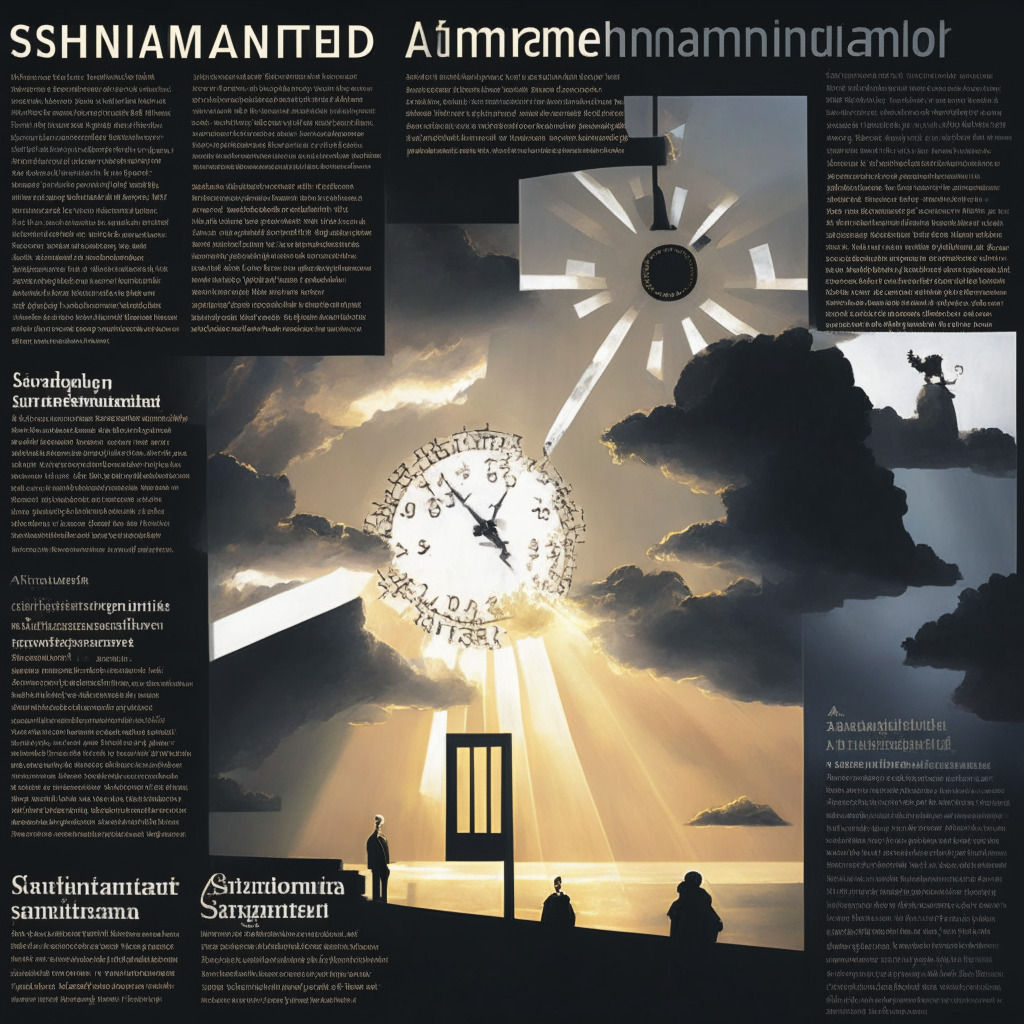The technologically progressive decentralized social media app, Friend.tech, recently made headlines with an announcement that might subject it to rigorous scrutiny among the crypto community. The firm declared a punitive approach to users who choose to explore or switch to alternate applications resembling their platform.
This particular announcement targets so-called “forks and copies”. Rather than taking a tolerant or competitive approach, Friend.tech has appointed a penalty for hopping onto similar platforms: forfeiture of reward points. Without exception, no users migrating to imitation applications will be rewarded points, and existing points will be seized.
The app hasn’t pointedly attacked any specific competitors, but the crypto community has highlighted a soon-to-be-launched platform – Shares. Speculations indicate that this new entrant in the decentralized social media scene could be a threat to Friend.tech.
Every week, Friend.tech has been doling out “reward points” to its beta testers, progressing towards a goal of distributing an impressive 100 million points within half a year. However, the end purpose of these points remains undisclosed, fueling curiosity, speculation, and apprehension among its users. Some anticipate a reward system connected to Friend.tech governance, while others speculate a potential financial advantage for the users.
Following Friend.tech’s announcement, the crypto community responded quite vehemently. The decision was perceived as anti-competitive, arousing dissatisfaction and apprehension among internet users. The overall sentiment reads this as against the principles of the crypto industry. Furthermore, a drop in Friend.tech’s user activity, inflows, and volumes has been reported within days following the announcement. Transacting activity on Friend.tech has reportedly fallen by over 90% from its peak at 525,000 transactions, recording less than 50,000 transactions.
On the flip side, the impact of the announcement on popular crypto currencies like BTC and ETH is still indiscernible. While Friend.tech’s move may spark skepticism, it is important to remember that the crux of the crypto ethos lies in the democratization of financial systems. Guidelines that deter users from exploring similar platforms could be seen as a form of centralization hindering this ethos. Notably, this scenario provides an intriguing case for discourse in the dynamic crypto ecosystem as it prompts crypto enthusiasts to question the boundaries between competition and monopolization in this developing terrain.
Source: Cointelegraph




